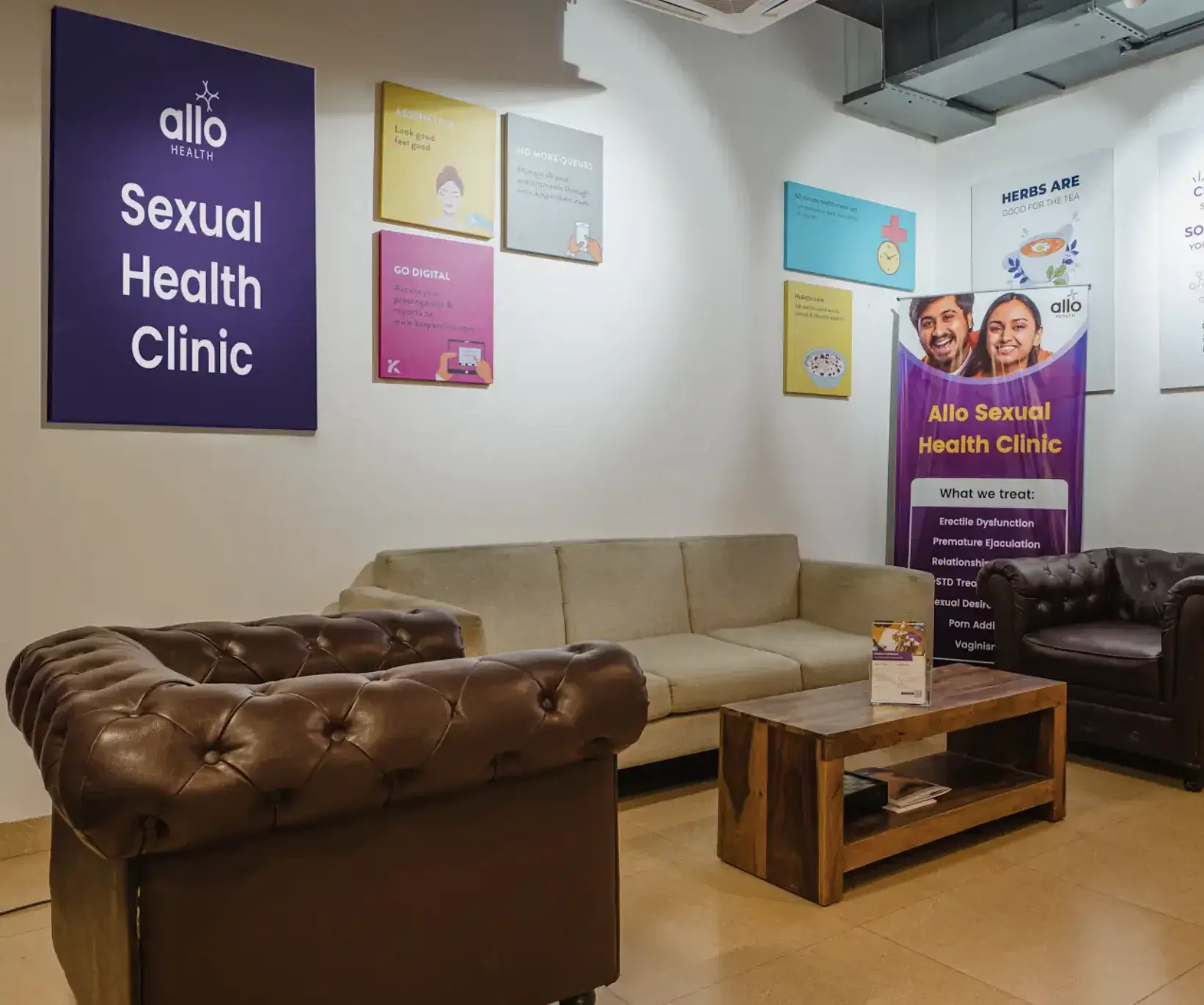HIV/AIDS Testing
HIV (Human Immunodeficiency Virus) is a virus that attacks the immune system. If left untreated, it can lead to AIDS (Acquired Immunodeficiency Syndrome), a life-threatening condition.
Understanding HIV/AIDS
HIV is a major global health issue affecting millions of people worldwide.
people currently living with HIV globally
new infections reported each year
of people with HIV receive treatment
Factors Contributing to HIV Transmission
Unprotected Sex
Not using protection increases the risk of HIV transmission.
Sharing Needles
Injecting drugs with shared needles spreads HIV.
Lack of Awareness
Many people don't know they have HIV, making regular testing crucial.
Evaluate Your HIV Risk
Take our confidential self-assessment to understand your HIV risk factors.
Common Signs to Watch For:
Unprotected Sex
Have you engaged in unprotected sex recently?
Shared Needles
Have you used injectable drugs with shared needles?
Transferrable during birth
Were you born to a parent with a HIV/AIDS condition?
Note: This self-assessment is for informational purposes only and is not a substitute for professional medical advice, diagnosis, or treatment.
Recognizing HIV Symptoms
HIV symptoms vary by stage and can include flu-like symptoms, weight loss, and weakened immunity.
Flu-like Symptoms
Fever, swollen lymph nodes, and fatigue are common in early stages.
Rapid Weight Loss
Sudden, unexplained weight loss can be a sign of HIV.
Recurring Infections
Frequent infections indicate a weakened immune system.
When to Get Tested for HIV
Consider an HIV test if you experience any of these symptoms:
- 1Fever and night sweats
- 2Unexplained weight loss
- 3Swollen lymph nodes and frequent infections
Important to Know:
HIV is manageable with early diagnosis and treatment.
How HIV Spreads
HIV is transmitted through bodily fluids such as blood, semen, vaginal fluids, and breast milk.
Viral Transmission
Unprotected Sex
Having sex without protection increases the risk of HIV.
Needle Sharing
Injecting drugs with shared needles spreads HIV.
Mother-to-Baby
HIV can be transmitted from mother to child during birth or breastfeeding.
Prevention for HIV/AIDS
HIV (Human Immunodeficiency Virus) attacks the immune system and can lead to AIDS if untreated. While there is no cure, prevention strategies like safe practices, regular testing, and medical interventions can significantly reduce the risk of transmission.
Safe Sex Practices
Always use condoms correctly and consistently during all types of sexual activity
Consider taking PrEP (Pre-Exposure Prophylaxis) if you're at high risk of HIV exposure
Get tested for HIV and other STIs before starting a new sexual relationship
Avoid Transmission Risks
Never share needles, syringes, or other injection equipment
Get tested for HIV at least annually, or more frequently if at higher risk
Use only properly screened blood products and medical equipment
Communication and Awareness
Have open and honest discussions about HIV status with sexual partners
Get regular comprehensive STI screenings as part of your healthcare routine
Educate yourself about HIV transmission routes and prevention methods
Medical Prevention and Treatment
Start and maintain ART (Antiretroviral Therapy) immediately if diagnosed with HIV
Consider PEP (Post-Exposure Prophylaxis) within 72 hours of potential exposure
Schedule regular medical check-ups and viral load monitoring
Our Approach to Managing HIV
At Allo Health, we provide confidential, expert HIV care and treatment.
Antiretroviral Therapy (ART)
Daily medication helps control HIV and prevent complications.
Counseling & Support
We offer education and emotional support for people living with HIV.
Routine Testing
Early detection ensures better health outcomes.
Allo HIV/AIDS Testing Treatment Journey
Our treatment journey for STIs is designed to help you get back to your life as quickly as possible.
Day of STI Exposure
1st Consultation*
Once Test Reports are Ready **
Day 21 (3 week's) From Exposure
Once Test Reports are Ready
3 Months from Exposure
Once Test Reports are Ready
* Abstain from sexual intercourse till the course of treatment is over.
** If the any of the test result come positive, doctor will guide you through the next steps.
Common Questions About HIV/AIDS
Find answers to frequently asked questions about HIV and AIDS.
Success Stories from Our Patients
Read the experiences of people who have successfully overcome HIV/AIDS Testing with Allo Health's comprehensive treatment approach.
Take the First Step Towards Better Sexual Health
Don't let intimate health concerns affect your quality of life and relationships. Our compassionate specialists are ready to help you overcome these challenges with personalized, evidence-based treatment.
Convenient Scheduling
Online and in-clinic appointments available
Discreet Consultation
Private, judgment-free environment
Expert Care
Specialized team with extensive experience
